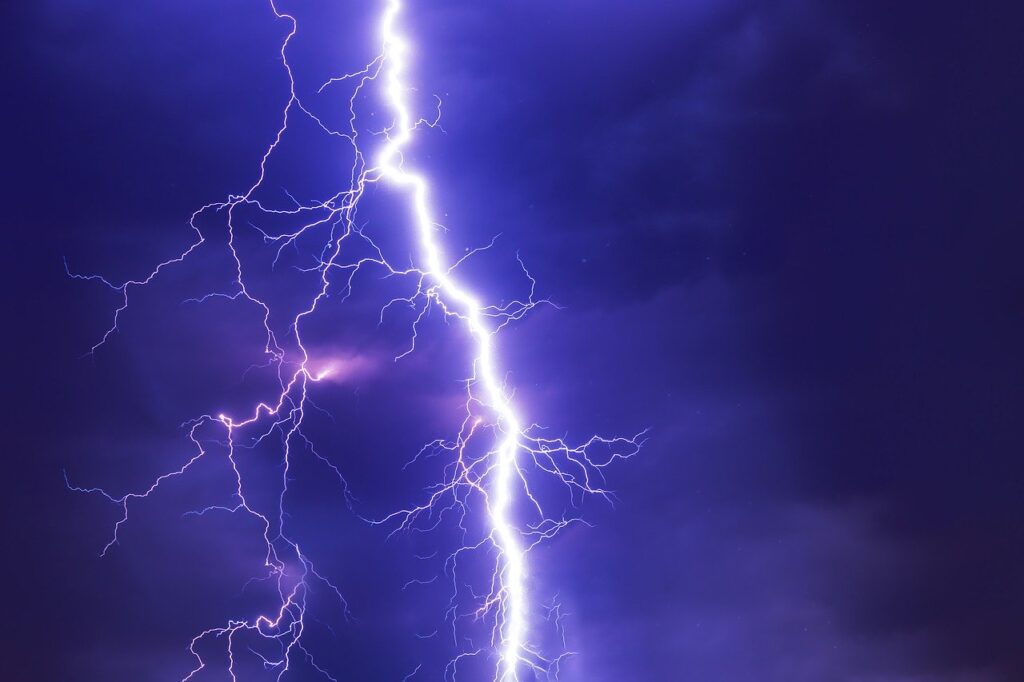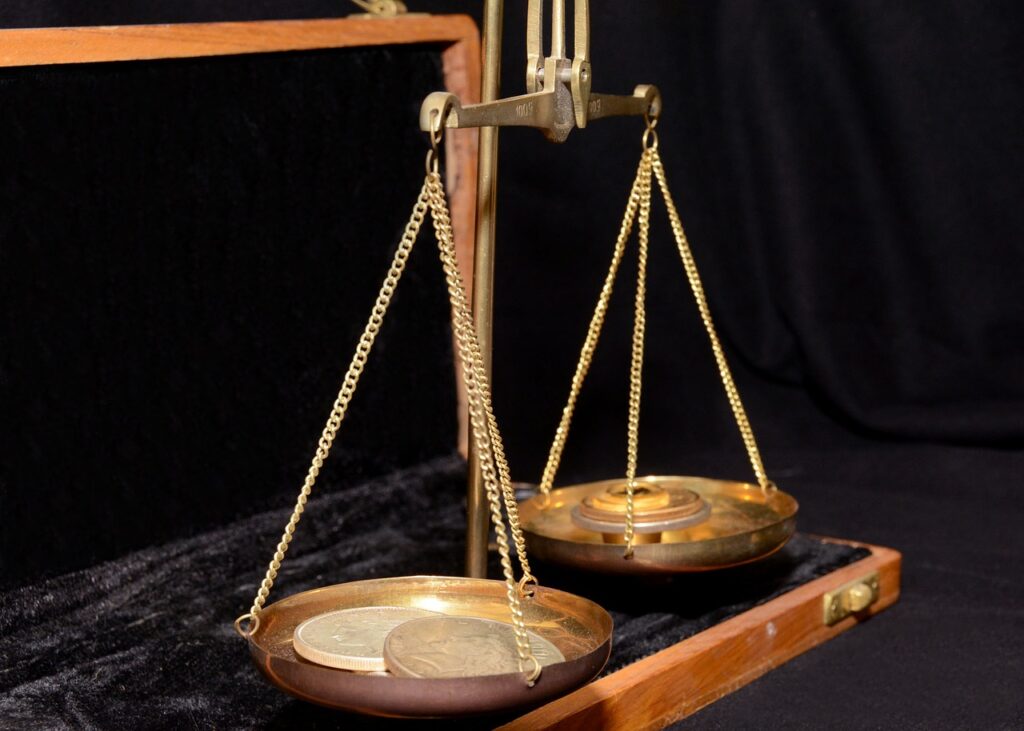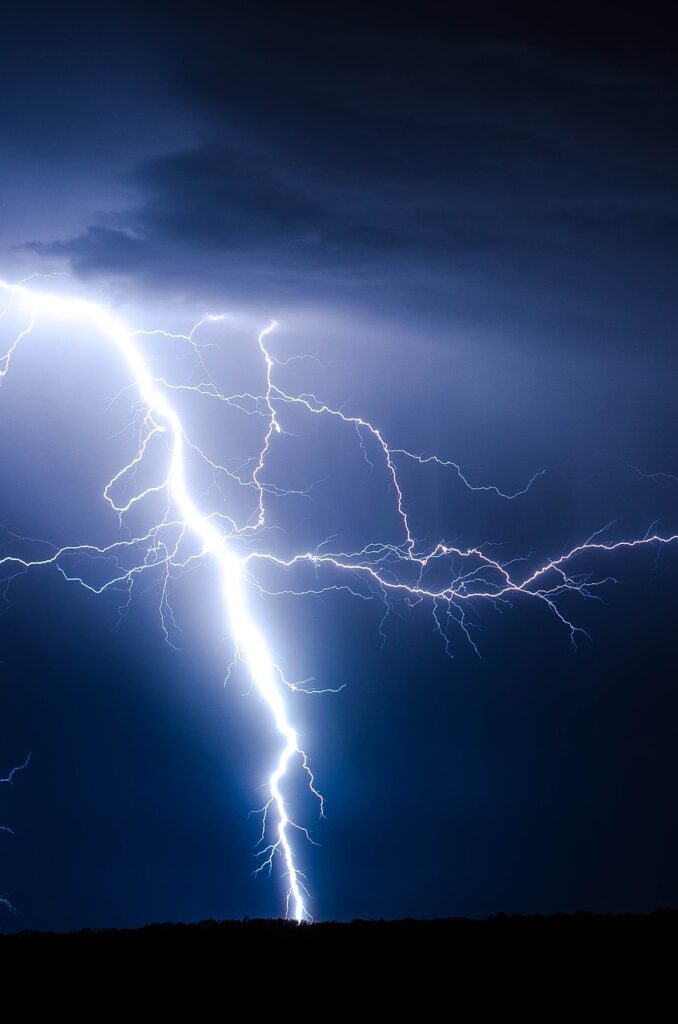
–Julia Cameron, Author of Artist Way
Have you ever thought of yourself as powerless by the end of a day?
You hear yourself say, I’m drained, emotionally spent, running on empty, but never powerless.
If we are without power by the evening, we must learn how to best recuperate. It’s sobering to think of yourself as the shell of what you were twenty-four hours ago.

The Matter of Evaluation
Review the activities you include in your evenings. Ask if they empower you? If not, substitute them for something better. Often it is those who practice and study routines that reveal jaw-dropping findings. Here are the thirteen most impactful insights. Review each. These will help you rethink your choice of evening activities.
Insights and Findings
Beds are for sex and sleep. If you can’t get to sleep in twenty minutes, get up and do something relaxing until you’re tired.
–sleepfoundation.org
1. Sleep Foundation’s recommendation seems the opposite of what culture teaches. Still, it makes sense. It is a well thought out strategy to connect your bedroom with pleasure. So, after twenty minutes of not getting to sleep, try something else. It could be a meditation that will create the tired feeling you need to drift off to sleep.
Keep your thermostat between 60 and 67 degrees overnight for better sleep.
National Sleep Foundation
2. I know what you are thinking. Keeping your thermostat at 60 degrees will skyrocket your electric bill. But what about buying some cooling blankets and pillows for the bedroom.? Also, consider taking cooler showers before bed.
“Many of my friends who are chronic insomniacs have credited this with better sleep.”
–Tim Ferriss
Douglas Fir Spring Tip by Juniper Ridge (decaffeinated tea)
1-2 TBS of Apple cider vinegar
1 TBS of Unfiltered Honey
Will knock you out like (snap!)
3. Is this a cure for your restless sleep? It’s something to try. But the point is the repetition of tea drinking night after night. It’s so important to wind down after a stressful day. So, following a set of routines is essential. Tim suggests drinking doctored-up, decaffeinated tea each night can be part of that set.
“I read fiction. I’m not going to read something (at night) like a non-fiction business book that keeps my problem-solving apparatus in sixth gear. That’s not helpful.”
–Tim Ferriss, Author of the Four Hour Work Week

4. It matters what you read during your evening routine. Now, everyone knows reading a thriller before bed is not the best strategy for a peaceful night’s sleep. But choosing fiction over non-fiction before bed, that is a shocking finding to ponder. Could your type of reading genre before bed be the culprit of your failed sleeping attempts?
(Speaking of bedtime journaling) It was as if muscle memory sparked the creativity, and resulted in a benefit I did not expect (poetry).
–Kasia Laskowski, Thrive Chief of Staff, Business Operations
5. Creating habits wires your brain to behave in predictable ways. Everyone knows there is no stronger memory than that of a muscle’s memory. Muscle memory also is the hardest to form. So, nighttime journaling might give you a bookend to your day dog-eared with a jolt of creativity.
“According to a study by researchers from the University of Minnesota and the University of Florida, having participants write down a list of positive events at the close of a day — and why the events made them happy — lowered their self-reported stress levels and gave them a greater sense of calm at night.”
–Arianna Huffington, Author of Thrive
6. You’ve seen the comparisons of the heart under stress versus the relaxed heart. This small addition of listing positive thoughts to close your nightly routine can lower cortisone levels. This can, in turn, lessen inclinations to worry about life events and/or condemn yourself and/or others.
“(Nighttime) Gratitude works its magic by serving as an antidote to negative emotions. It’s like white blood cells for the soul, protecting us from cynicism, entitlement, anger, and resignation.”
–Arianna Huffington, Author of Thrive

7. Naming what you are grateful for by the end of your day is the body’s best offense. It even outperforms medication. Having your eyes focused on what you have helps you appreciate it more. You likely do this when you get up in the morning. But what a way to prelude sleep by remembering how blessed you are!
“Identifying daily priorities might seem like an obvious or insignificant step to take, but writing your most important tasks down the previous night turns your subconscious mind loose while you sleep and frees you from worrying about being unprepared. You’ll probably find that you wake up with great ideas related to the tasks or conversations that you hadn’t even considered!”
-Jason Selk, Tom Bartow, and Rudy Matthew, authors
Check out Jason Selk, Tom Bartow, and Rudy Matthew’s book here. Organize Tomorrow Today: 8 Ways to Retrain Your Mind to Optimize Performance at Work and in Life,
8. There are those of you who spill your brain’s contents out on the page every morning. It allows you a clearer head. It’s easier to remain positive if you journal like this daily. Why not do a version of that before you crawl underneath the covers. Write down the ideas that take space in your mind before bed. Then, you can sleep with an uncluttered mind.
“Ever wonder why problems seem so much more overwhelming at 1:00am than in the first light of day? It’s because our brains amplify fear when we’re tired. “
-Ron Friedman, Ph.D., author
9. This is a shocking idea. Dr. Friedman reinforces the importance of sleep on your health and productivity. So, prepare your brain for a smooth transition.
“We are no more effective working sleep-deprived than we are when we’re legally drunk.”
-Ron Friedman, Ph.D., author
Check out Ron Friedman, Ph.D. book here. The Best Place to Work: The Art and Science of Creating an Extraordinary Workplace
10. You don’t often think of the impairment of drunk people and people struggling to sleep as being in the same category. Dr. Friedman’s quote sends another shockwave of new awareness. It reminds you of the many times you thought you worked well on a low quality of sleep. Did you?
“Never go to sleep without a request to your subconscious.”
–Thomas Edison
11. Now, this insight links evening routines to our best selves. Successful psychologist, Benjamin Hardy suggests taking these steps. Before you adorn the nightly cover, jot down your dreams and ambitions. Then, think about your goals and important tasks you want to complete when you wake. Write those down too. As soon as you awake, move toward making those realities.

“What good have I done today?”
– Benjamin Franklin
12. For eons, people urged each other to end their day with the examination of their consciences. But Franklin’s idea keeps the highlight film review of your daily experiences positive. How will doing that little habit change you in ten years?
“We remember two things about an event, the emotional height of the experience (good or bad) and how it ended, so we can make our own happy ending.
Jory MacKay writer, content marketer, and editor of the RescueTime blog.
13. This is an interesting point to ponder about evening routines. Experts say, visualizing a moment is as close to being there. Others claim we can be the stage director of our dreams. Now, MacKay suggests that we can write in our own happy endings to our days. MacKay cited psychologist Daniel Kahneman and his colleagues’ work mentioning our powers of reinvention. So, it’s a matter of our perspective on growth. If you focus on your personal growth, it can always be a happy beginning and ending.

To Sum Up
You thought evening routines were about tidying up the house and pre-packing lunches. Turns out, they’re essential if you select empowering activities. You can look at successful people and science to create a routine that builds a better you. Take note and listen to these cultural voices.
If you got something out of this article, please share it. Try to put these insights into action, and tell me about the results or problems below. Until then, keep striving to be that top-shelf you.
